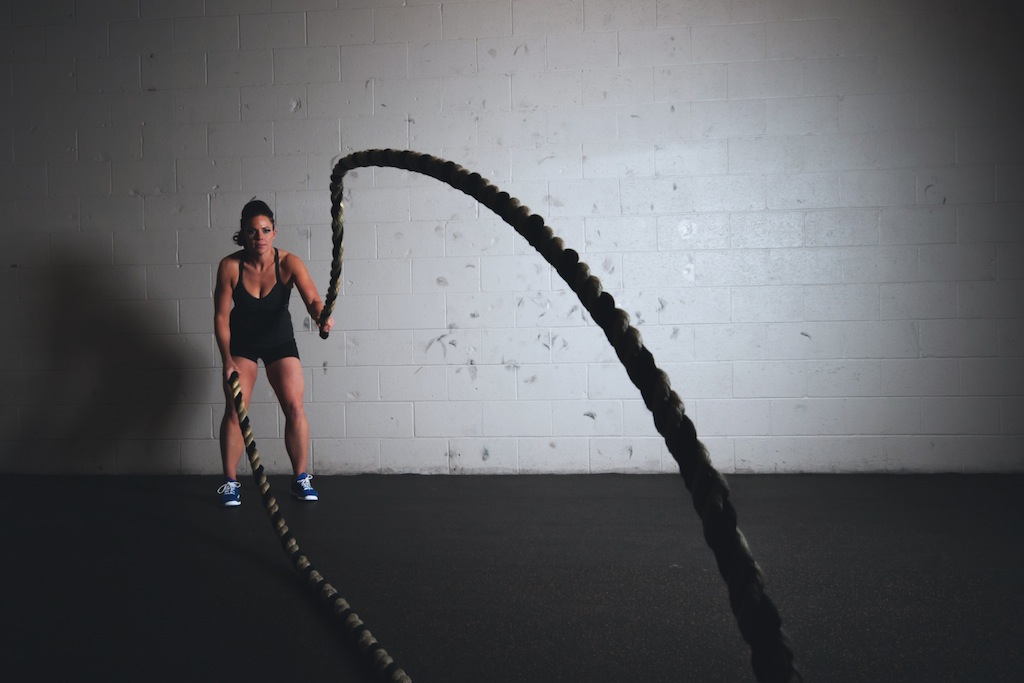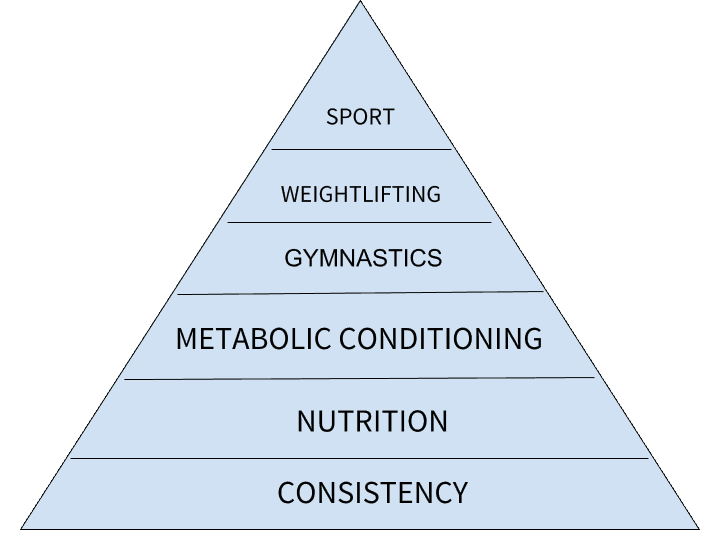If you make it a habit to get in a workout the recommended 5 days a week – nice work! You’re already ahead of the curve. We all have very busy schedules, which makes it that much more important to be efficient with your workout routine. Don’t make these common mistakes when you hit the gym.
1. You Don’t Track Anything
You’re working out – GREAT! But are you getting fitter? Are you increasing your lifts? Improving your mile run time? While it’s good to set a routine and habit, it’s also important to continue to improve. Exercise – in a nutshell – is Stimulus (the workout itself), Recovery (how you eat, rest, and sleep after), and Adaptation (fit becomes your new normal). If you find yourself going to the gym and running at the same speed, always grabbing the same dumbbells, and going through the same routine – you may be stuck in Adaptation. Try to vary the stimulus week-to-week to continually see results.
2. You’re Asking too Much of Exercise
Exercise is great for your health. Exercise can regulate resting blood glucose, relieve stress, increase brain function, lower blood pressure, increase bone density, increase lean muscle mass, and many, many other benefits. Exercise alone will not make you look great in a bathing suit. In short, exercise will allow you to live a long, enjoyable, functionally-fit life but you need nutrition to have the visible benefits of exercise. Regardless of what your newsfeed tells you, there is no “magic workout routine to get you jacked” or “6 Exercises for 6-pack Abs.” You get “jacked” and “abs” from eating reasonably.
3. You’re Ignoring One or More Aspects of Fitness
Your workout routine should consist of each of these elements in equal parts 2-3 times/week:
- Cardiorespiratory Endurance – Consistent, moderate breathing for at least 20 minutes
- Resistance Training – Lifting weights with a consistent increase in total volume (increasing weight lifted or increasing repetitions)
- High Intensity Interval Training (HIIT) – Very heavy breathing in intermittent bursts followed by equal amounts of rest
- Mobility – Some type of recovery practice; foam rolling, yoga, stretching, and metered breathing
Too much “cardio” and your metabolism will slow waaay down. Too much resistance training – your heart and lungs will be neglected. Too much mobility work and your core will be weak. Too much HIIT and your cardio, strength, and mobility will suffer. Begin to think of a well-rounded fitness that includes each of these in equal doses.
4. You’re Still Weighing Yourself
We’re on a crusade against the scale. You know that the scale really doesn’t tell you anything about your health. So, why continue to use it? Well, it does provide some tangible feedback for what you’re doing – in diet or exercise. There are plenty of workouts or diets that claim you can lose “30 Pounds in 30 Days.” But, what are you actually losing? With weight loss that rapid, it is likely majority water and lean tissue loss. This will have incredibly detrimental long-term effects. Actual fat loss (this is what you want to lose) can occur at roughly 2 pounds per week if you have a lot to lose and 1/2 to 1 pound a week for others. Get body fat testing instead of simply weighing yourself.
5. Your Focus is Off
It’s really easy to get fired up about working out for a few weeks. Maybe you caught a glimpse in the mirror or had a weekend of eating too much pizza. It’s much more difficult to stick to it for 1, 5, or 20 years. Re-shape your focus to enjoy working out, realize it is a life-long pursuit, and find something that is FUN. Fun is key here. Find something that incorporates all aspects of fitness (see #3) that you enjoy. There’s nothing magical or proprietary about working out. It’s a simple, consistent pursuit that should be fun.
If you’ve found a routine that is delivering results that you enjoy, keep up the great work! If you’ve found you’re beginning to stall out, check yourself against this list and see if you can’t make a slight course correction. If you have any questions, please don’t hesitate to reach out!








